A mix of fiction and non-fiction, the past 12 months was a boon in enjoyable reads.
READ ALSO: The Glorious Answer: Anne Rice Dies At 80
This is Shakespeare, by Emma Smith
Emma Smith is a professor of Shakespeare Studies at the University of Oxford, and she puts her expertise to good use In This is Shakespeare. Here, she gives us 20 essays on what makes reading Shakespeare exciting today.
Too often the Bard is taught in a rote, unchallenging way in classrooms: what our teachers learned from their teachers, and what their teachers learned from their teachers (etc). Smith asks us to buck the trend and break away from what we have been fed.
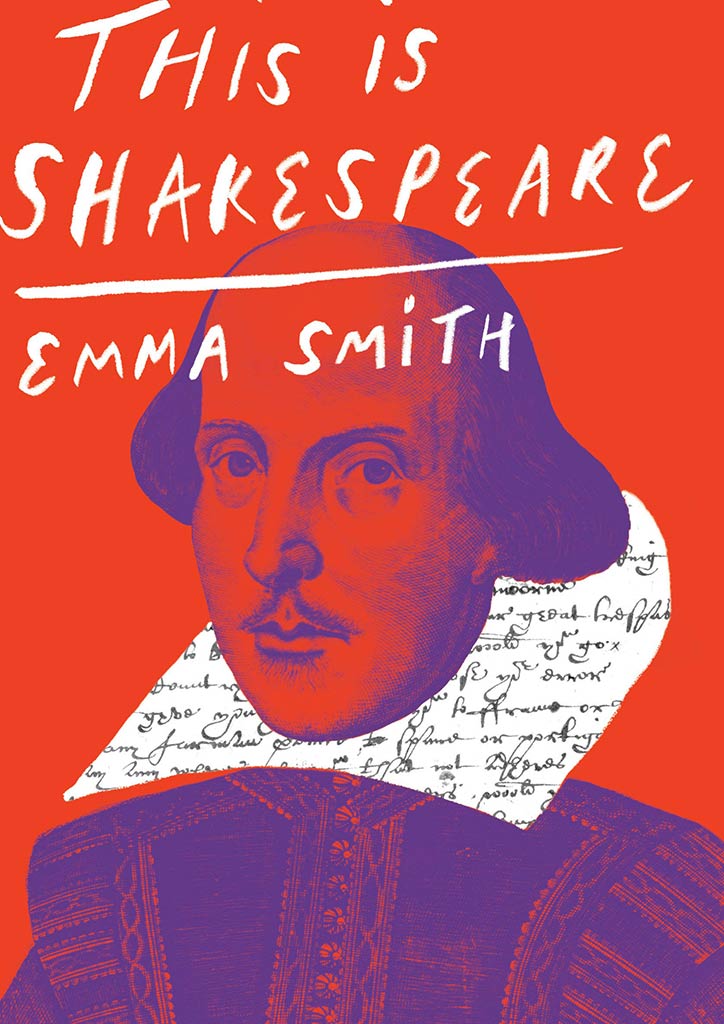
After reading this, I started appreciating facets of Shakespeare’s plays in ways I hadn’t before. For example, while Merchant of Venice is still quite problematic for its anti-Semitism, I found myself interested in its aspect of relationships being impacted by financial transactions.
Smith encourages us to read between the lines and appreciate the ambiguities in Shakespeare’s work: they’re there to be interpreted and celebrated in any way we wish.
The Netanyahus: An Account Of A Minor And Ultimately Even Negligible Episode In The History Of A Very Famous Family, by Joshua Cohen
What do you get when you combine not quite upstate New York in the 1950s, the only Jewish professor in a middling institution of higher education, and one rowdy (and infamous) Jewish family?
This comedy of manners by Joshua Cohen is a semi-fictionalized take on a weekend when literary critic Harold Bloom hosted the not-yet infamous Netanyahu family: Benzion, his wife Tzila, and their three sons (Jonathan, Benjamin, and Iddo) during a visit at Cornell University, during the middle of the last century.
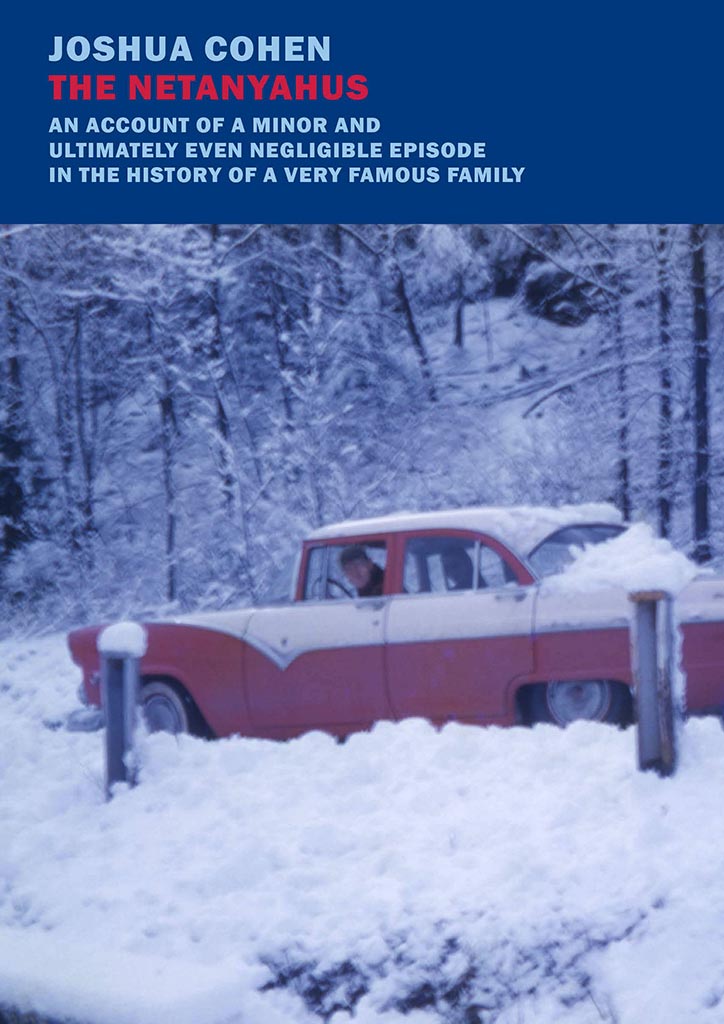
This delightful mix of both the Jewish and the campus novel is a hilarious read that also asks serious, pertinent questions on the compromises in the Jewish diaspora if the sins of the father indeed transfer to the son, and how politicizing historical tragedies can impact the future.
The book was released mere weeks after the middle son Benjamin (you know him as Bibi) was ousted as the Prime Minister of Israel, which makes this book, written about a period that seems out of reach, enduringly relevant today.
Fake Accounts, by Lauren Oyler
News that acclaimed critic Lauren Oyler releasing a book was greeted with excited curiosity due to its author: any review by Oyler has tounges wagging and websites crashing. People wondered if someone whose sharp and acerbic writing voice would be alive in her fiction debut and if maybe she too would feel the taste of her own medicine.
Having read Fake Accounts, I can say yes on the former, and no on the latter, because the book is great and has been received with rapturous acclaim.
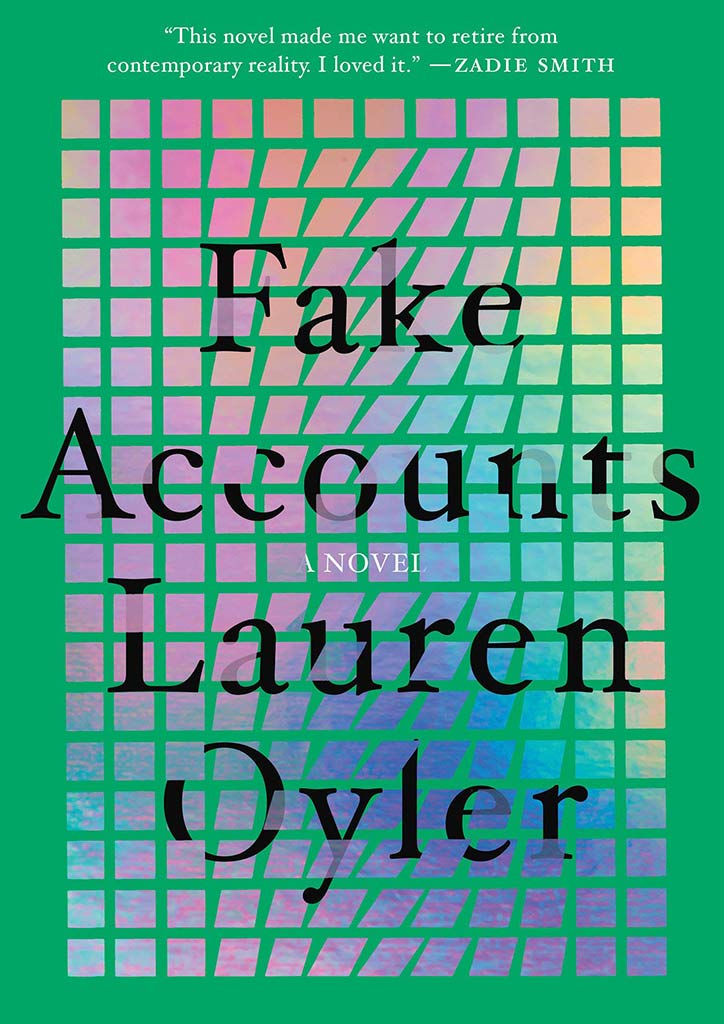
Oyler’s unnamed protagonist finds out her boyfriend is an Instagram conspiracy theorist, which sets the plot onward through murky twists and turns, and asks questions about our internet consumption and what makes it so addictive.
Second Place, by Rachel Cusk
In 1932, eccentric art patron Mabel Dodge Luhan hosted DH Lawrence in her mansion, located at the Taos art colony she had founded to further the spread (and it must be said, exoticize) of Native American art. As DH Lawrence is wont to do, the visit was fraught with drama. Luhan wrote about the experience in her memoir of the visit, Lorenzo in Taos.
Eighty-nine years later, writer Rachel Cusk’s Second Place is a semi-fictionalized account of the visit. Cusk is a master at telling the stories of women burdened with the task of caring for male geniuses, and in Second Place, she is in absolute top form.
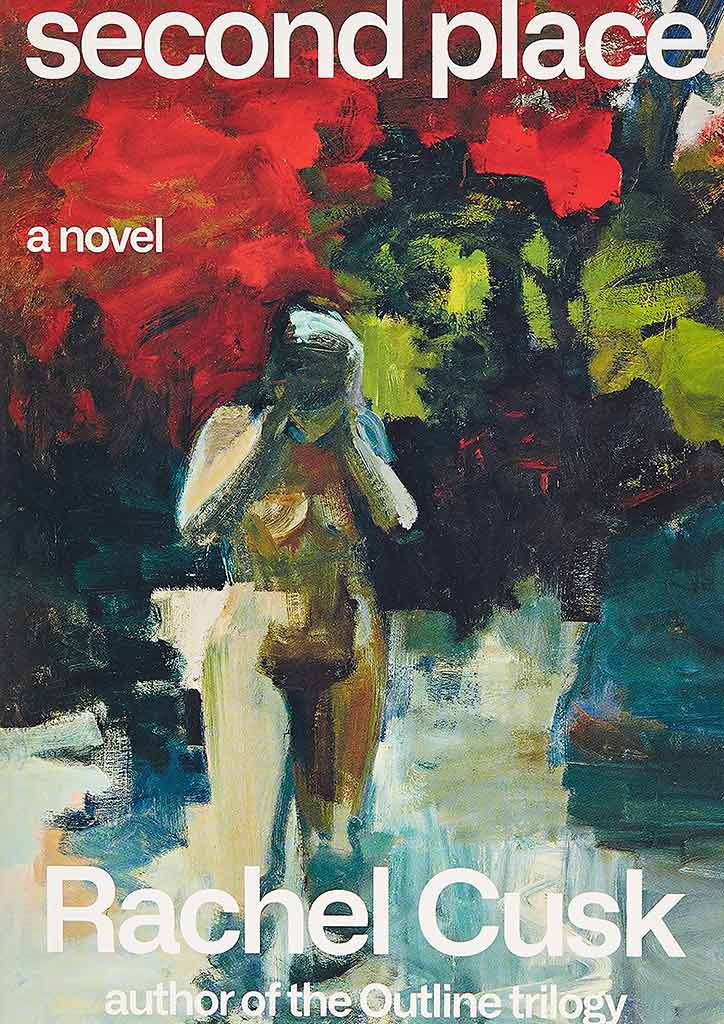
Set in a nebulous present (COVID-19 is implied), M and her husband Tony host painter L at their guest house. M seems to believe she has an artistic connection with L, but L, who brings along his girlfriend Brett, thinks of her as a nuisance, disparaging her at every turn.
Cusk’s observations are dry, wry, and ever so much relevant, and you very much feel like you are stuck in the same, claustrophobic situation as her characters.
We Keep The Dead Close: A Murder at Harvard and a Half-Century of Silence, by Becky Cooper
In 1969, Jane Britton was bludgeoned to death in Harvard. An archeology graduate student, Britton was young and attractive, the daughter of Radcliffe Vice President J. Boyd Britton.
Her body was covered with a powder found in ancient burials and the act took on a specter of legend: they said a star Professor she had an affair with did it, and that Harvard covered it up.
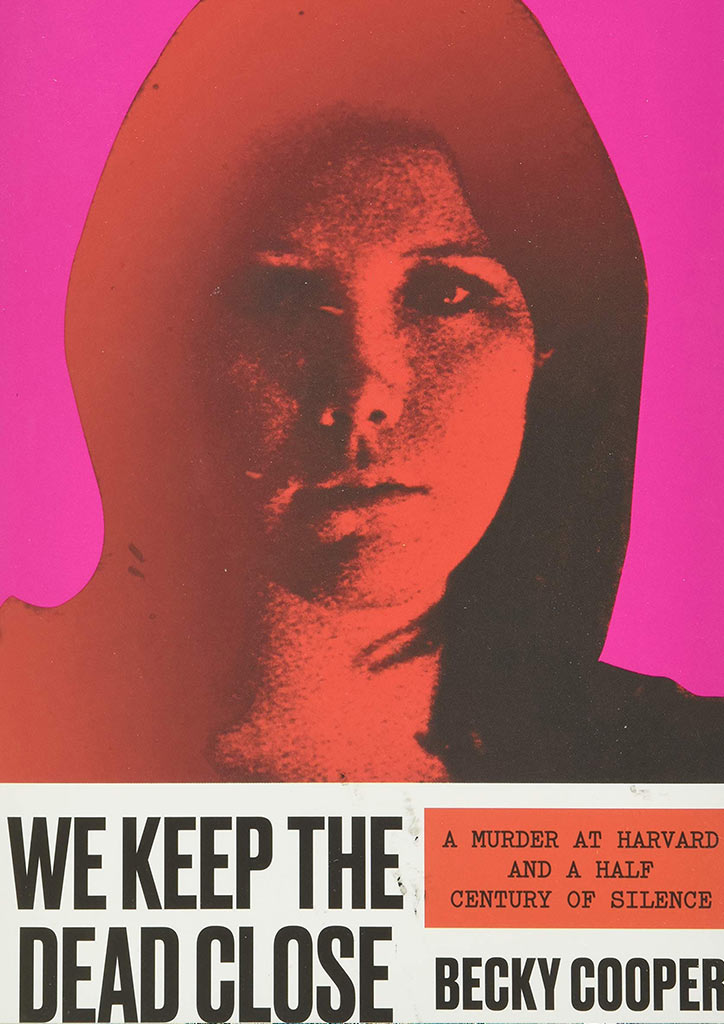
Forty years later, Becky Cooper, an undergrad at the University, hears the story. For 10 years after, she doggedly investigates, following a trail of mysteries that tell the story of misogyny in academia, the protection of those in power, and a tale as old as time: the failures of a police investigation.
This is one of those few true crime stories that have a solved ending, although what happens is not one that you expect. It makes the experience of reading this account even more thrilling.
The Parisian, by Isabella Hammad
The winner of the Plimpton Prize (awarded by The Paris Review to emerging novelists), Isabella Hammad wrote The Parisian inspired by her great-grandfather.
The story follows Midhat Kamal from his studies in France at the dawn of World War I, before his return to Palestine in the face of a different kind of war: a doomed attempt at independence.
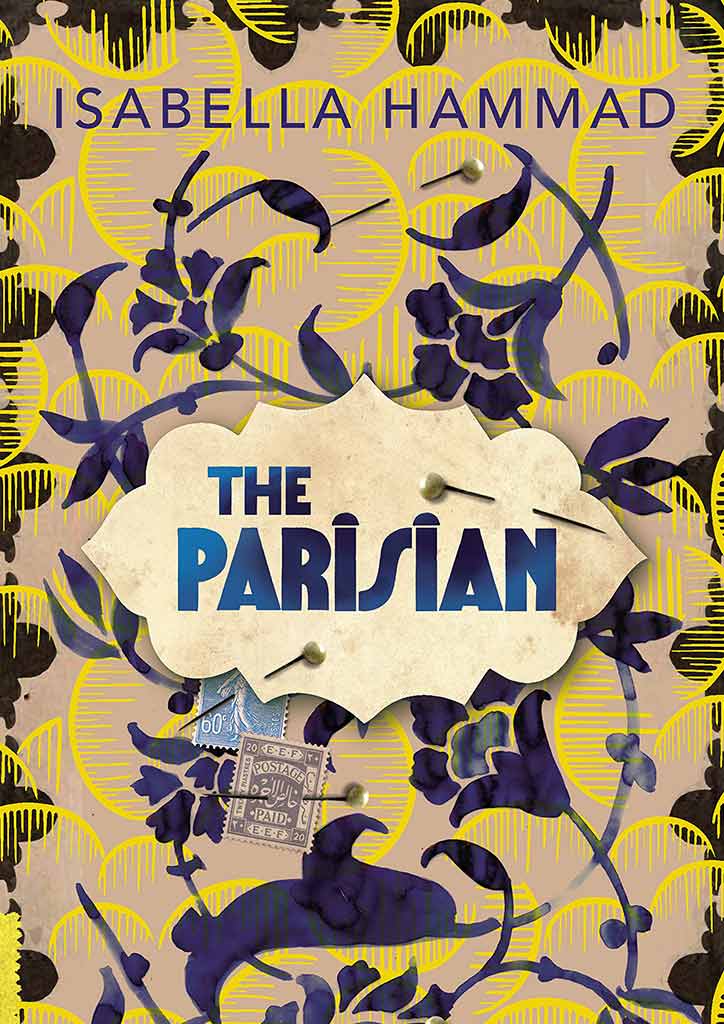
At twists and turns, the story of Midhat intertwines with that of his nation. This lushly dazzling piece of fiction was immersive and daring, a devastating and unforgettable read from an author whose work I can’t wait to read more of.
Funny Weather: Art in an Emergency, by Olivia Laing
In this collection of written work, cultural critic Olivia Laing puts together her essays that answer the question of why art matters.
Examining the lives and works of artists Jean-Michel Basquiat, Georgia O’Keefe, David Hockney, and Derek Jarman (and more), writers Hillary Mantel and Ali Smith (and more), reading the writings of Maggie Nelson and Sally Rooney (and more), themes of gender, loneliness, power, and originality are explored.
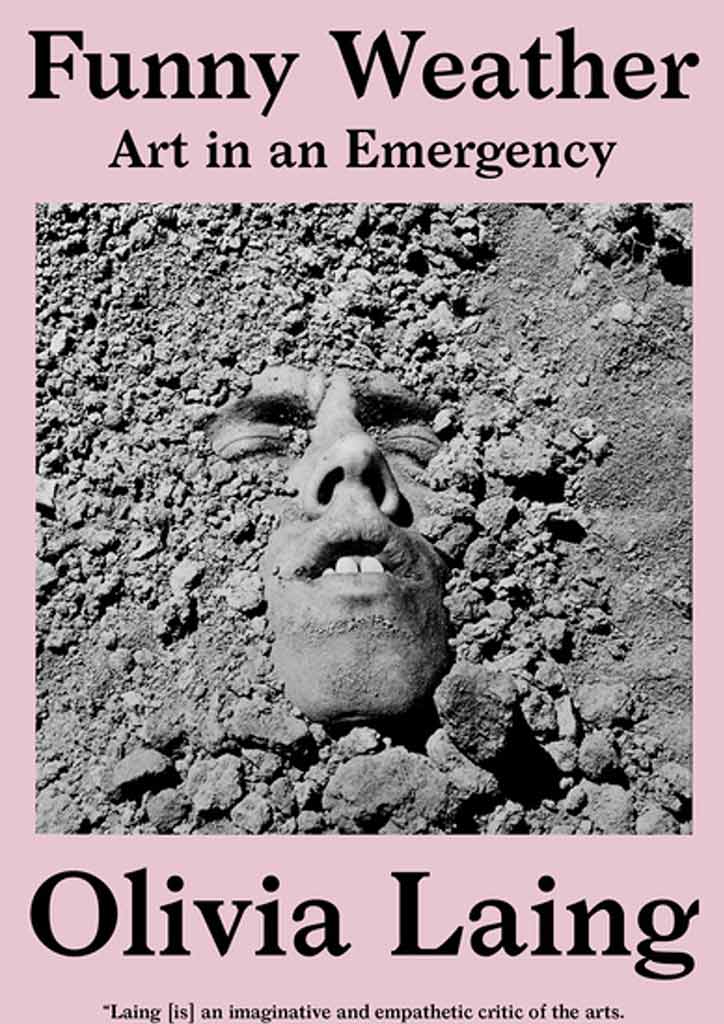
Through her eyes, art is celebrated as a force of resistance and nourishment, a paean for survival in a world that needs repair.
This story first came out in the December 2021-January 2022 issue of Lifestyle Asia.





